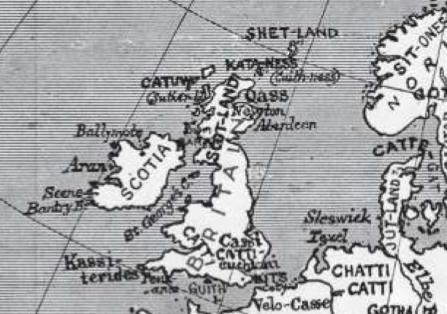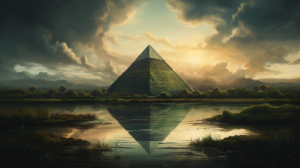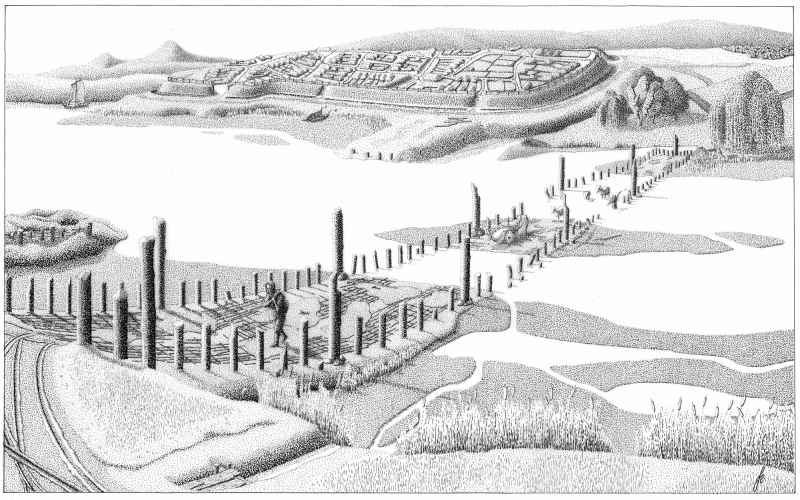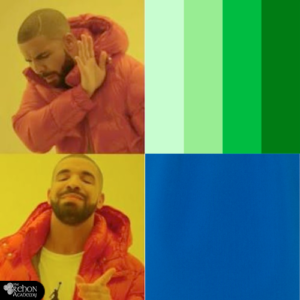On the various names given to the land known as Ireland.
IX. Its Ninth Appellation it receiv’d likewise from the Sons of Milesius, who nam’d it Scotia, from their Mothers Name Scota, who was the Daughter of Pharaoh Nectonibus, King of Egypt or perhaps from themselves, they being Originally of the Scythian Race
– Keatings History of Ireland, 1726, p.3
From Wikipedia:
Scotia was originally a Roman name for Ireland, inhabited by the people they called Scoti or Scotii. Use of the name shifted in the Middle Ages to designate the part of the island of Great Britain lying north of the Firth of Forth, the Kingdom of Alba. By the later Middle Ages it had become the fixed Latin term for what in English is called Scotland.
“According to the “Scotichronicon” – one of the earliest histories of Scotland written in the 1440s, there was a legend that a Greek prince called Gaythelos was banished, with his wife Scota, the daughter of an Egyptian Pharoah. He sailed westwards and landed in Spain.
From there, he and his followers explored further and one of his sons, named Hiber, found an island (later called Ireland) which he named Scotia, after his mother. So Gaythelos’ name gave rise to “Gaelic”, Hiber gave rise to Hibernia and Scota gave rise to Scotia and then Scotland.
The Scotichronicon does not explain, however, why Ireland is no longer called Scotia and why the Scoti came to Argyll.
Another variation on this legend suggests that an Egyptian princess married the King of Portugal in the 4th century. She brought the Stone of Destiny (Jacob’s pillow in the Bible) as a dowry. Her daughter, named Scota, married the King of Ireland’s son and her descendants called themselves the Children of Scota.
Unfortunately, while the connection between the Scoti of Dàl Riata and Ireland is undoubted, there is no documentary evidence for the earlier parts of the legend.”



